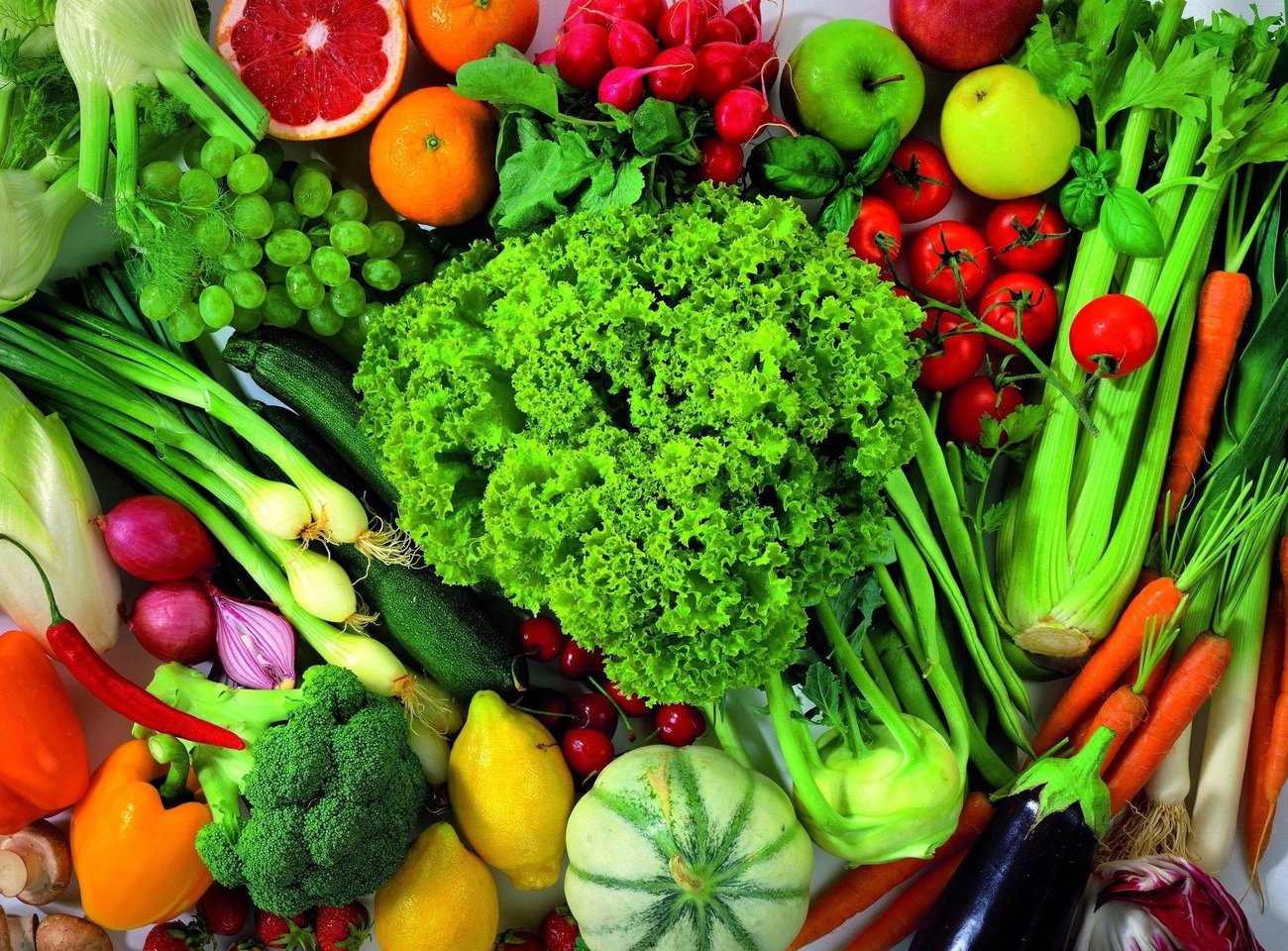Exporting nutrition: Trend forecaster sees healthy food as New Zealand’s next big export into Asia

Earlier this month at the 2016 High-Value Nutrition Science Symposium, Stefan Hajkowicz, senior principal scientist, strategy and foresight at CSIRO and author of Global Megatrends: Seven Patterns of Change Shaping Our Future, says that New Zealand needs to transform into a country that specialises in nutritional food.
We asked Hajkowicz about the future of food and the opportunities for New Zealand exports.
You advocate focussing on high value, highly nutritional food into Asia. What’s happening to food sector in Asia that gives rise to this opportunity?
The shift that we’re seeing across the Asian economy is from a phase of industrialisation into advanced service sector economies. It’s well-known that the diet diversification story in Asia is true and has another couple of decades to play out where there is a wealthier, more discerning consumer that wants safety and wants nutrition, and science makes us more aware of the nutritional benefits and the health benefits of food.
And the possibility that digital technology allows us to close the gap between the food consumer in the Chinese supermarket and the farmer in New Zealand, so that trust and provenance issues can be established. The where-did-my-food-come-from? factor is increasingly important in a world where people are scared of good quality. So I think there’s an opportunity to use digital technology to close the gap.
The example I use is of a consumer could swipe their iPhone over the kiwifruits in a supermarket in Shanghai, see a picture of the farm, the farmer, understand the supply chain and understand all the health benefits, and even maybe talk to the farmer. That closes the gap and makes it a more personal buying decision. There’s a whole world of opportunity around digital information and data technology.

Stefan Hajkowicz
How does the Americanisation of diets in Asia – more fried food, more meat, more food in general – mean for Asia as a potential market?
The Americanisation of the Asian diet is totally associated with the emergence of health problems – cardiovascular and obesity. They’re replicating Western diet, all the good aspects of it and also the bad. The response that will follow pretty quickly is a preference for a food product and diet that enhances health.
Is that where you’re seeing the market head?
If you wanted to look for a big global market opportunity for exports, high value nutrition into Asia is where, it stands to reason, the growth with occur. It’s not assured that New Zealand will dominate that, but it has moves to make.
Do you think that’s in primary products or in secondary products?
Both. Primary products and raw foods are still very healthy in this hi-tech world. It’s not all processed or functional foods, though they also may play a role. I think it’s about use of science and evidence to prove to the customer that the food is healthy and safe, and then having the decision support tools in place.
Do you think New Zealand is particularly well-placed geographically to take advantage of that or do you think it’s more it’s reputitional value?
I think New Zealand has a great reputation and brand value for, say, milk products in China already, and there’s no reason that can’t expend to a whole lot of other products. The effectiveness of the 100% Pure campaign for tourism, that needs to be achieved in a wide range of food products out of New Zealand as well. But it has to have science to back it up, it can’t just be a marketing campaign. But if the two come together, there’s no reason why that market won’t be accessed. With 1.02 billion people in Asia forecast to cross an income threshold from being poor to middle-income and plenty of movement up from that, so there’s this market huge new there.
What are your forecasts in terms of the effect of personal health technology?
Digital technology means people can have personalised food solutions where food products are matched to their exact health requirements, so not a general population thing, but tailoring foods to the individual. The likelihood is that personalised genetic tests get better and are more readily available, and we have a data footprint of what our unique health makeup looks like, we’re able to match that information about our health requirements and our nutritional requirements, taking into account physical activity and allergies and preexisting conditions and match that all up to diet. Digital technologies allow that to occur so your diet is personalised to who you are. Another presenter showed us a beverage cup that’s been developed that you can pour anything into and it links up to your phone and analyses what’s in that beverage and tells you when you’ve had too much of something or too little. It’s not population-wise health now, it’s right down to the exact person you are and the lifestyle you have.
Do you think that personalisation will help counter the anxiety of people having access to too much information, like reading that coffee is good for you one week and that it will kill you the next?
I think you’re hitting the nail on the head. Coffee can be good for you, it can be bad for you as well. That might depend on your body weight, how physically active you are. Not everyone will respond the same way, not everyone will have the same tolerances. It will vary and what a healthy intake is will vary from person to person. That’s the kind of thing we can crack with technology. Coffee isn’t good for you or bad for you. Peanuts aren’t good for you or bad for you. They’re very good for some people. I forgot who said it, but everything’s a poison, what matters is your dosage. But it’s not just dosage, it’s dosage for who and how their body works.




